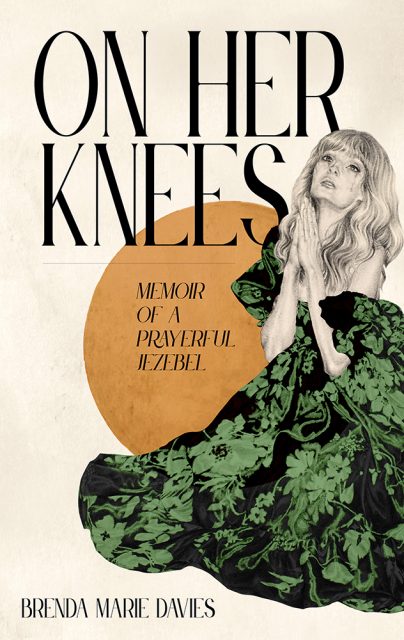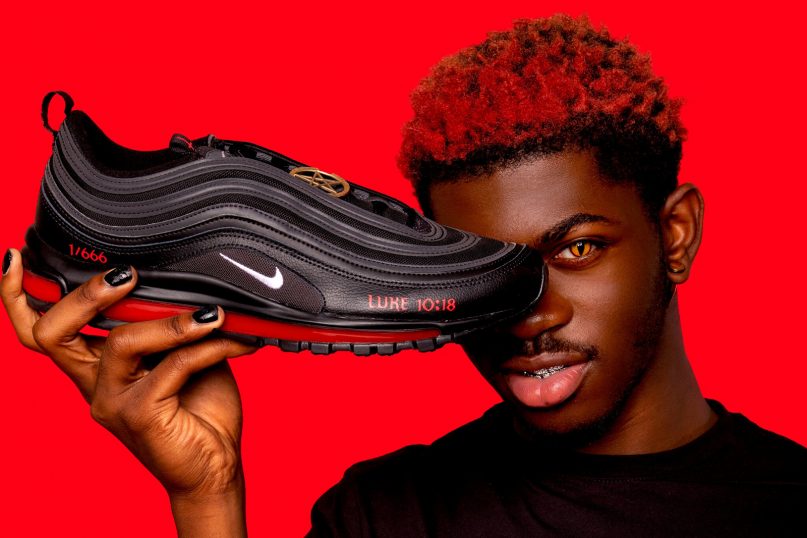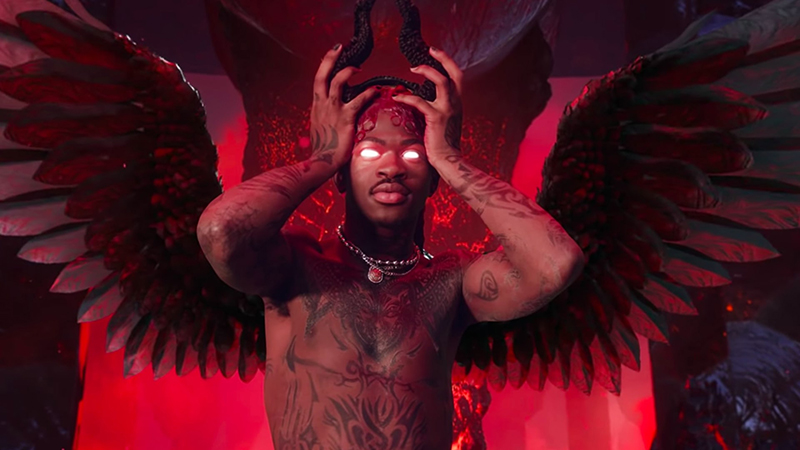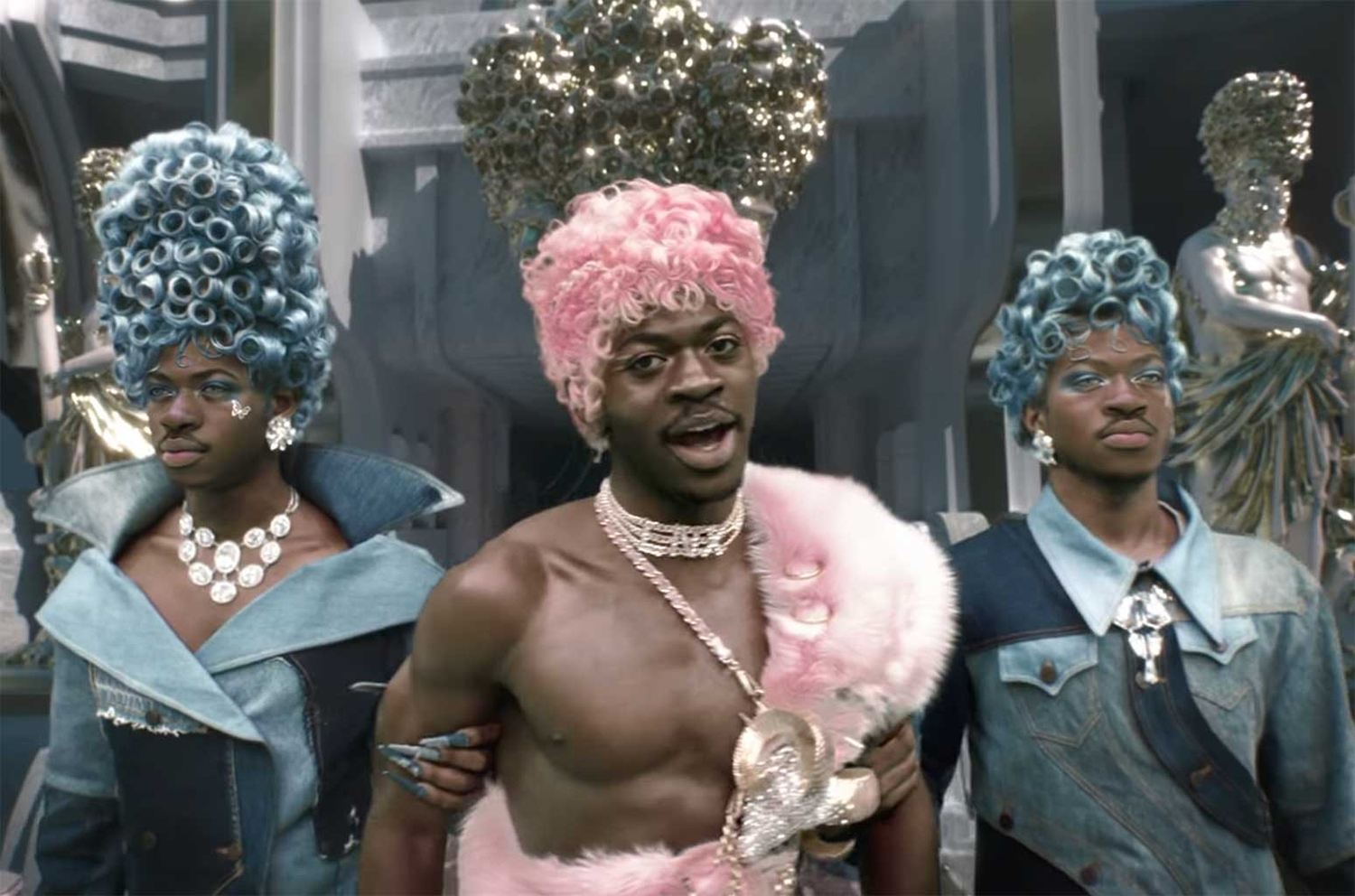By Alan Mozes, HealthDay News
3/30/2021

Black people are more likely to receive care at hospitals with worse safety records, and less likely to be admitted to those with better records, according to new research. File Photo by Kzenon/Shutterstock
Compared with White patients, Black adults are at a distinct disadvantage when it comes to hospital safety in the United States, a new report warns.
Black patients are significantly less likely to gain access to "high-quality" hospitals, an Urban Institute analysis found.
As a result, they're much more likely to undergo surgical procedures in facilities with relatively poor safety records.
"We've known that Black and White adult patients experience differences in hospital patient safety measures for several decades," said study author Anuj Gangopadhyaya. He is a senior research associate at the institute's Health Policy Center.
RELATED Study: Black patients get worse care after cardiac arrest
"This study's focus was to ask whether these differences are, in part, driven by differences in the quality of hospitals that Black and White patients are able to access," he said.
The answer: yes.
For the study, researchers for the institute, a think tank in Washington, D.C., analyzed 2017 patient data gathered by the U.S. Agency for Healthcare Research and Quality from 26 states. The report, released Monday, looked at 11 safety measures.
RELATED Breast cancer treatment comes later, lasts longer for Black women
Four concerned general medical safety issues, such as pressure ulcer rates and in-hospital falls with hip fractures. The other seven involved surgical safety, including hemorrhage, post-op infections and respiratory failure rates.
"On nine of 11 patient safety measures, White patients were significantly more likely to be admitted into high-quality hospitals," said Gangopadhyaya. High-quality hospitals were defined as those with the best safety track records.
Some of the highest-quality hospitals essentially present zero safety risk to patients, which indicates "there are clearly protocols in place that can virtually eliminate some of these patient safety risks," he noted.
RELATED History of medical abuse makes Black Americans wary of COVID-19 vaccine
"Put simply," Gangopadhyaya said, "the payoff in being admitted into a high-quality hospital relative to a low-quality one is extremely large."
The report revealed that Black patients are nearly 8 percentage points more likely than White patients to get admitted to hospitals that rank as "low-quality" by all seven measures used to assess surgery-related patient safety.
Seen in reverse, Black patients were also found to be 5 percentage points less likely to gain access to facilities ranking "high-quality" on every measure of surgical safety.
Differences in insurance coverage didn't explain the racial divide, the report found.
Even when solely looking at White and Black patients who sought care with the same type of coverage -- Medicare -- the findings of a racial gap held up. In terms of overall patient safety, Blacks fared worse.
The analysis did not explore why Black people are at such a safety disadvantage.
But Delmonte Jefferson, executive director of the Center for Black Health & Equity in Durham, N.C., said the findings reflect a longstanding racial care divide.
"The underlying reason for the gaps that are identified stem from elements of systemic racism and institutional oppression that restricts access to quality health care," he said.
"We've battled these elements since The Freedmen's Bureau Act -- the nation's first federal health care program -- was established in the War Department by an act of Congress in 1865 to provide relief, educational activities, food, clothing and medicine to newly freed slaves," Jefferson said.
"Even then, lawmakers removed language from the act that would provide quality access to medical care for all," he noted.
So what can be done?
Gangopadhyaya said current efforts aimed at penalizing low-quality hospitals or cutting off Medicare reimbursements in the face of poor safety records are "ineffective" at rectifying racial safety gaps.
"An alternative approach may be to provide resources to low-quality institutions to enable them to adopt and implement protocols that have been successful at high-quality hospitals," he said.
But Jefferson rounded back to what he described as the root of the problem.
"If the root is systemic racism and institutional oppression, then we must root out the cancerous and infected systems," he said. "In some cases, a complete overhaul of systems is required. In other cases, enforcement of existing health care policies and practices could alleviate the problem."
As Jefferson sees it, "hospital systems are not penalized for not providing access to quality care for all. Not only should substantial consequences be enacted, they should be strenuously enforced."
There's more about racial health disparities at the Center for Black Health & Equity.
Copyright 2021 HealthDay.












